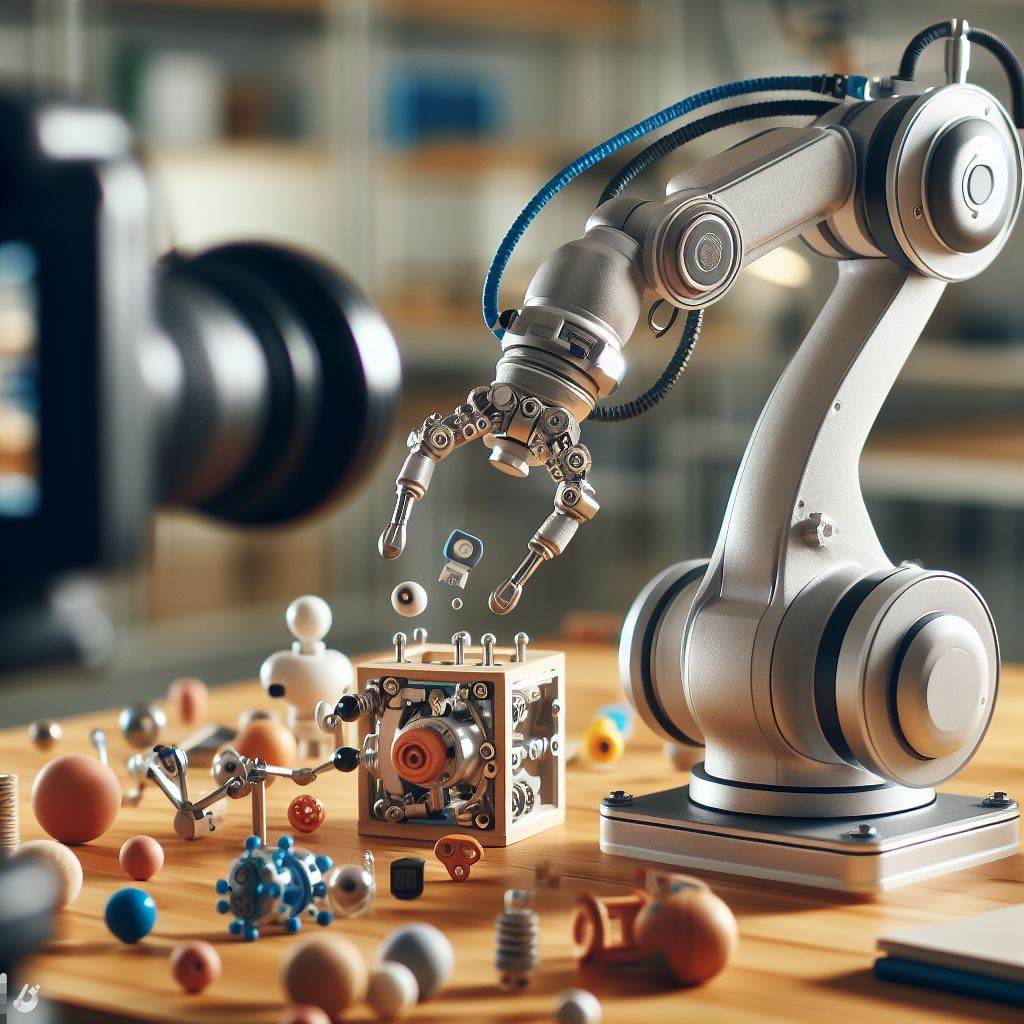
Munich Institute of Robotics and Machine Intelligence (MIRMI) researchers at the Technical University of Munich have achieved a breakthrough in enhancing robots' proprioception using machine-learning methods, as reported in Science Robotics. Fernando Díaz Ledezma and Sami Haddadin pioneered a novel approach enabling robots to grasp the intricacies of their own bodies.
To enable robots to navigate the physical world, conventional methods involve equipping them with cameras and pressure sensors. Subsequently, data from these devices is processed to guide the robot's limbs in executing specific actions. However, this differs significantly from the innate ability of animals, including humans, to be aware of their body states, known as proprioception.
In their study, the researchers employed machine-learning techniques to instill similar proprioceptive abilities in robots.
The core of their system involves adding sensors to the robot's body to provide feedback about individual body parts. These sensors, for instance, determine the position of the knee, its bending direction, and the degree of bending at any given moment. The researchers discovered that the synergy between sensors and the data they relay to a central processor enhances the overall awareness of the robot's body state.
Surprisingly, the researchers found that robots could develop an understanding of their bodies without pre-learned data. Through a method termed "motor babbling," where all servo motors are activated randomly simultaneously, the robot begins to accumulate information, enabling it to learn how its various parts function.
Testing their approach on diverse robot types, including a six-legged spider bot, a humanoid, and an arm, the researchers observed that their method facilitated the development of self-awareness in all tested robot variants.